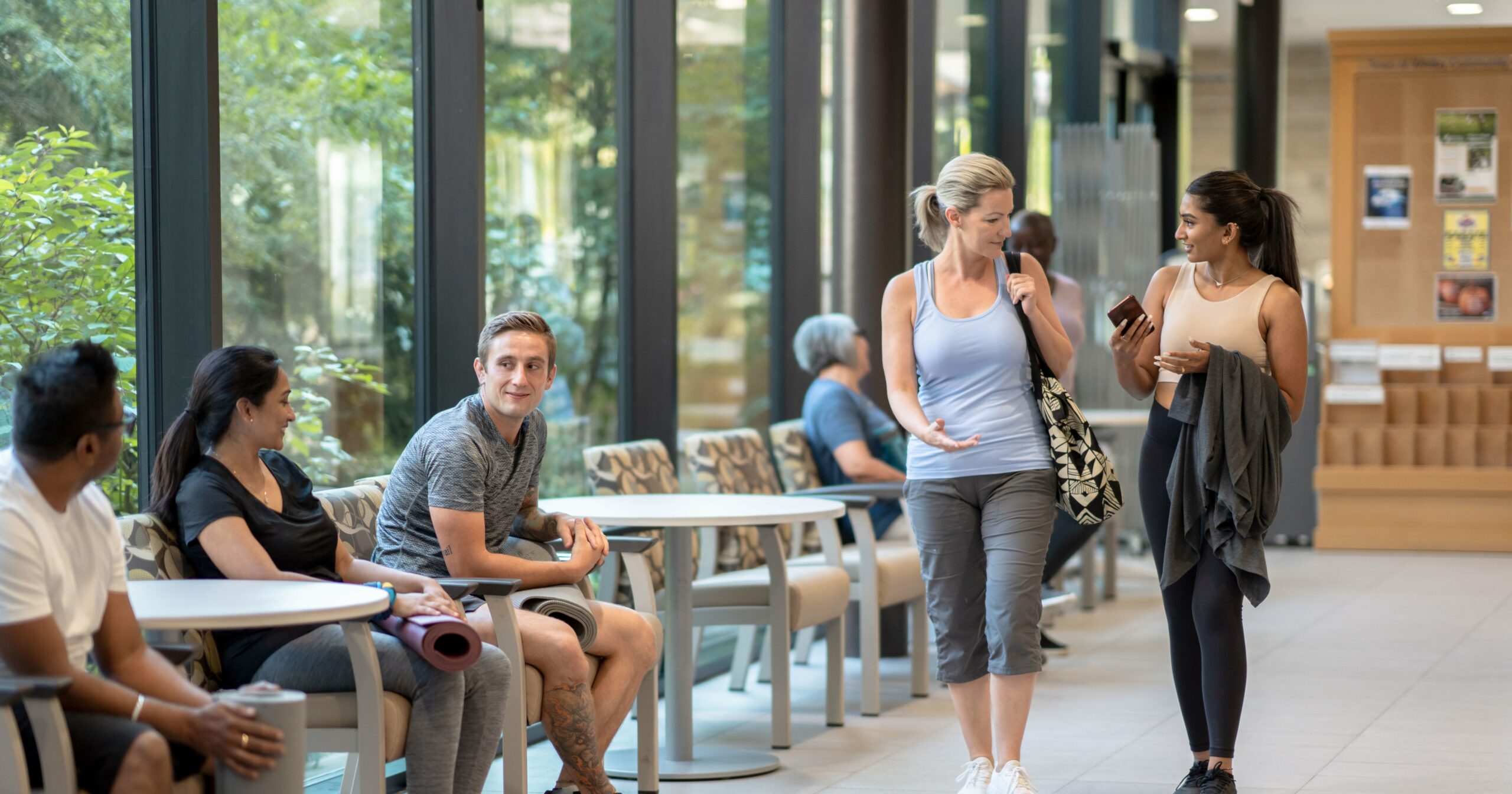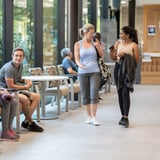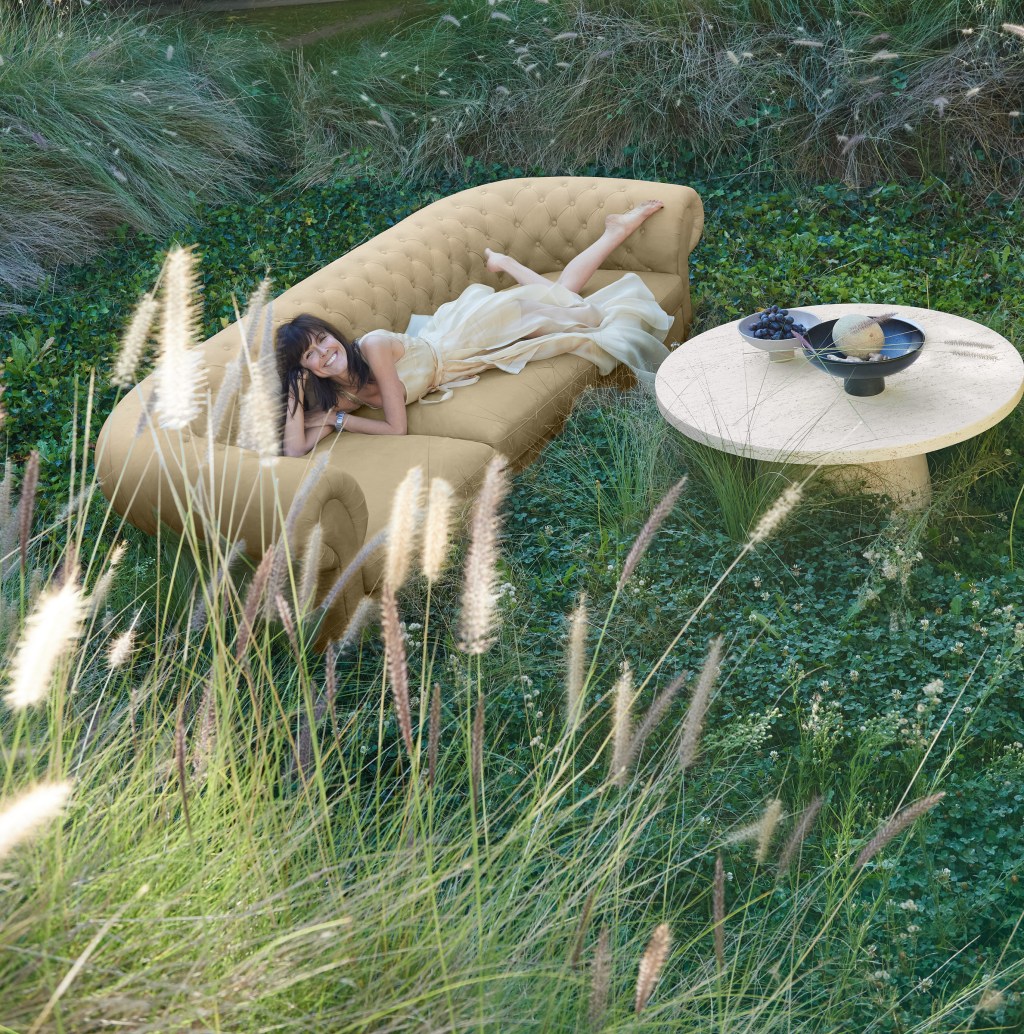The sound of sneakers squeaking on basketball courts, the smell of chlorine hanging heavy in the air, paper flyers on brightly decorated bulletin boards, and the energetic beat of up-tempo music from a nearby exercise room. These are the sights, sounds, and smells that await you in most community centers.
My journey into the world of community fitness began when I was hired as a Pilates instructor with the New York City Parks and Recreation Department. This role, teaching free fitness classes for their Shape up NYC program, was a turning point in my career. It introduced me to the community around me and opened my eyes to the unique charm of community fitness. The Shape Up NYC program took me to various locations across the five boroughs, from parks to hospitals, libraries, and nature centers. This experience, after years of working in large chain fitness clubs and corporate fitness centers, was a refreshing change of pace.
The classes I taught were free to the public, and they brought together an amazing group of folks with varying backgrounds and fitness levels. Many of the community members who attended my classes had never taken a Pilates class before. Some had never taken any workout classes before. Because we were putting fitness classes and other fun physical activities into spaces that folks were already comfortable with, we were able to remove some of the anxiety around trying something new. Also, since these classes were free, the financial barrier was gone, making everyone feel welcomed and accepted.
There are so many options for how to work out and where to do it. There are specialized spaces like Pilates and yoga studios, CrossFit gyms, spin studios, and more at-home options than ever before. But many of us still need help finding something we enjoy and will stick to. Yes, we want to get a good workout, but many of us are also looking to find a hobby or activity we enjoy and a way to make friends as adults and find a sense of community.
I’ve tried many different gyms, both as an instructor and as a member, and nothing beats the community fitness space. Don’t believe me? Keep reading.
The Price Is Right
Community fitness centers offer affordable fitness for everyone, empowering individuals to prioritize their health without financial stress. When I worked in NYC, our recreation center charged $150 per year for adults (kids, seniors, veterans, and folks with a disability were discounted or free!), while a few other gyms just a couple blocks away were charging $150 per month. Yes, the amenities are different, and often, the technology or the available fitness equipment aren’t state of the art, but they often have other unique activities like sewing classes or a book club (more on that below!). And these offerings aren’t limited to big cities with extensive public programs. I’ve visited countless community centers while on vacation to get in my workout while traveling, and it’s always fun to see what types of classes are offered in different places. Pro tip: visiting a community center while on vacation can be a great way to get the inside scoop from the locals about the best places to visit and where to get the tastiest local dishes.
Community Centers Offer More Than Just Fitness Classes
They boast activities such as ping pong, badminton, walking groups, and recreational sports leagues which are all great ways to add more movement to your life. But the programming doesn’t stop there. Community centers will often provide skills-based classes like sewing or painting, as well as group discussions on books or community initiatives. Community centers can help us be social in other ways, too, by having the option to rent out part of the space for special events. I’ve attended birthday parties, graduation ceremonies, and a lovely farewell potluck for a friend in a rented community space. This diverse range of activities can spark excitement and curiosity, encouraging us to explore new interests and hobbies.
The Space Is Multi-Generational
The atmosphere at community centers always feels alive and buzzing. People of all ages and abilities utilize the space together. There is so much we can learn from each other, but we rarely have the opportunity to interact with folks outside of our age group. Community centers can provide a safe space to socialize with people we otherwise may never meet. I’ve taken Zumba classes with mother-daughter duos and some very challenging water aerobics classes with folks twice my age putting in some serious effort with a kickboard. It’s a great reminder that we have more in common than we think and that it’s important to seek out interactions or even friendships with folks who are different from us.
Community Centers Can Be Your Third Place
In the book “The Great Good Place” by Ray Oldenburg, an American sociologist, defines a Third Place as “the social surroundings that are separate from the two usual social environments of home (first place) and the workplace (second place).” The author states that these informal gathering places are crucial for fostering a sense of community. These spaces allow us to meet people different from us, encouraging us to empathize with people of different identities. It’s important to remember that we belong to something bigger than us and should use our collective resources to care for one another.
The Bottom Line
Community centers are more than just a place to work out. They bring us together, help us grow stronger, and make our communities better places to live. Be sure to check out your local community fitness options and discover the joy of exercising in a fun and supportive environment. Whether you want to get fit, make new friends, or simply try something new, your local community center has something for everyone. You might fall in love with the experience, just like I did.
Aubry Bright is an exercise physiologist living on the picturesque Olympic Peninsula who is committed to making fitness accessible to all. As a personal trainer and Pilates instructor, she also offers classes in local community centers and provides one-on-one training both virtually and in person.




